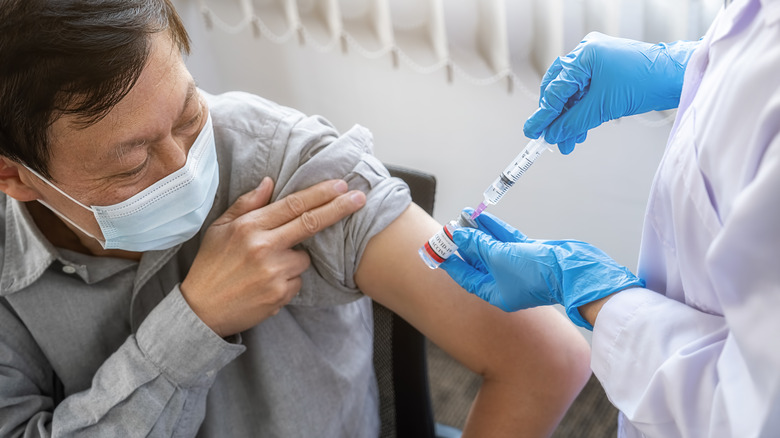How Long COVID Has Turned Daily Life Upside Down For Millions Of Americans
For millions of Americans who have contracted COVID-19, the virus is still causing significant disruptions to their daily lives. Data from the Centers for Disease Control and Prevention showed that as of the end of September, 15% of adults who had previously contracted COVID-19 were still showing symptoms of long COVID. Within that range of people, 81% of them reported that their long COVID symptoms have made it difficult to go through daily activities. This means that for many people, the virus has taken a toll on their ability to work, take care of their families, and simply go about their normal lives.
This data gives more insight into long COVID, an issue that affects many people but still leaves scientists and doctors confused when it comes to treating it. According to U.S. News, about 16 million Americans are currently experiencing long COVID, which is characterized by COVID symptoms lasting longer than four weeks. It is estimated that about 4 million adults cannot work because of their long COVID symptoms. No one knows exactly what causes long COVID or how to shorten the duration of symptoms.
What we do know about long COVID
Because COVID-19 has only been around for so long, there is only so much we know about how it can affect people long after infection. Recent good news from the European Respiratory Journal found that about 75% of people with long COVID will recover after 12 months, regardless of how severe their symptoms were. However, there is still more information needed to determine how COVID can affect people years after infection.
No matter their age or the severity of their previous COVID infection, anyone can get long COVID (via Johns Hopkins Medicine). What causes long COVID and who is more vulnerable to this health issue are things that are still mostly unknown. The most common symptoms of long COVID include fatigue, joint pain, shortness of breath, and chest pain. Other conditions that are being reported include depression, headache, muscle pain, cognitive problems, rapid heartbeat, and difficulty concentrating. Doctors can treat long COVID by treating individual symptoms. While there is no definitive way to prevent long COVID, you can reduce your risk of getting COVID in the first place by getting vaccinated.


